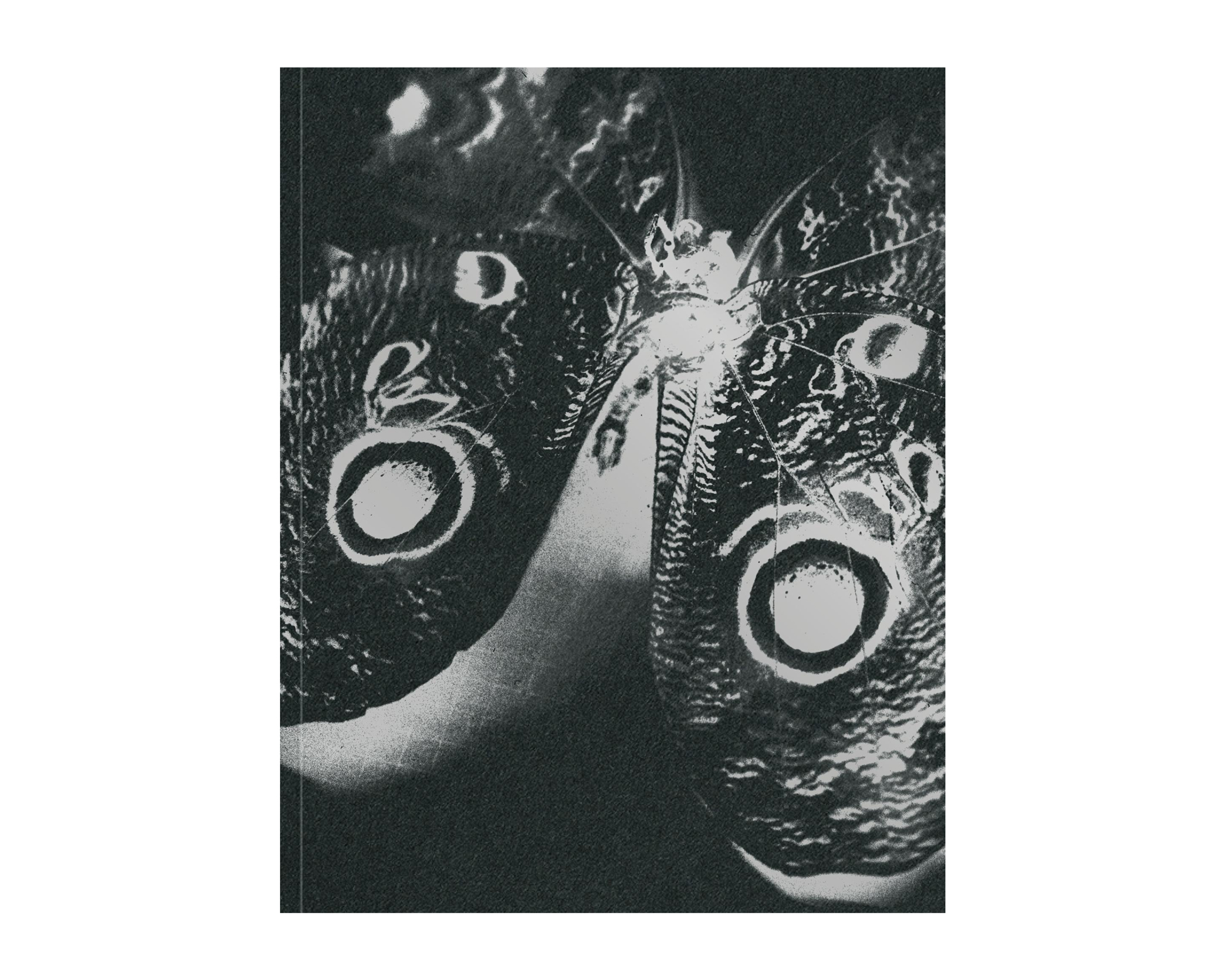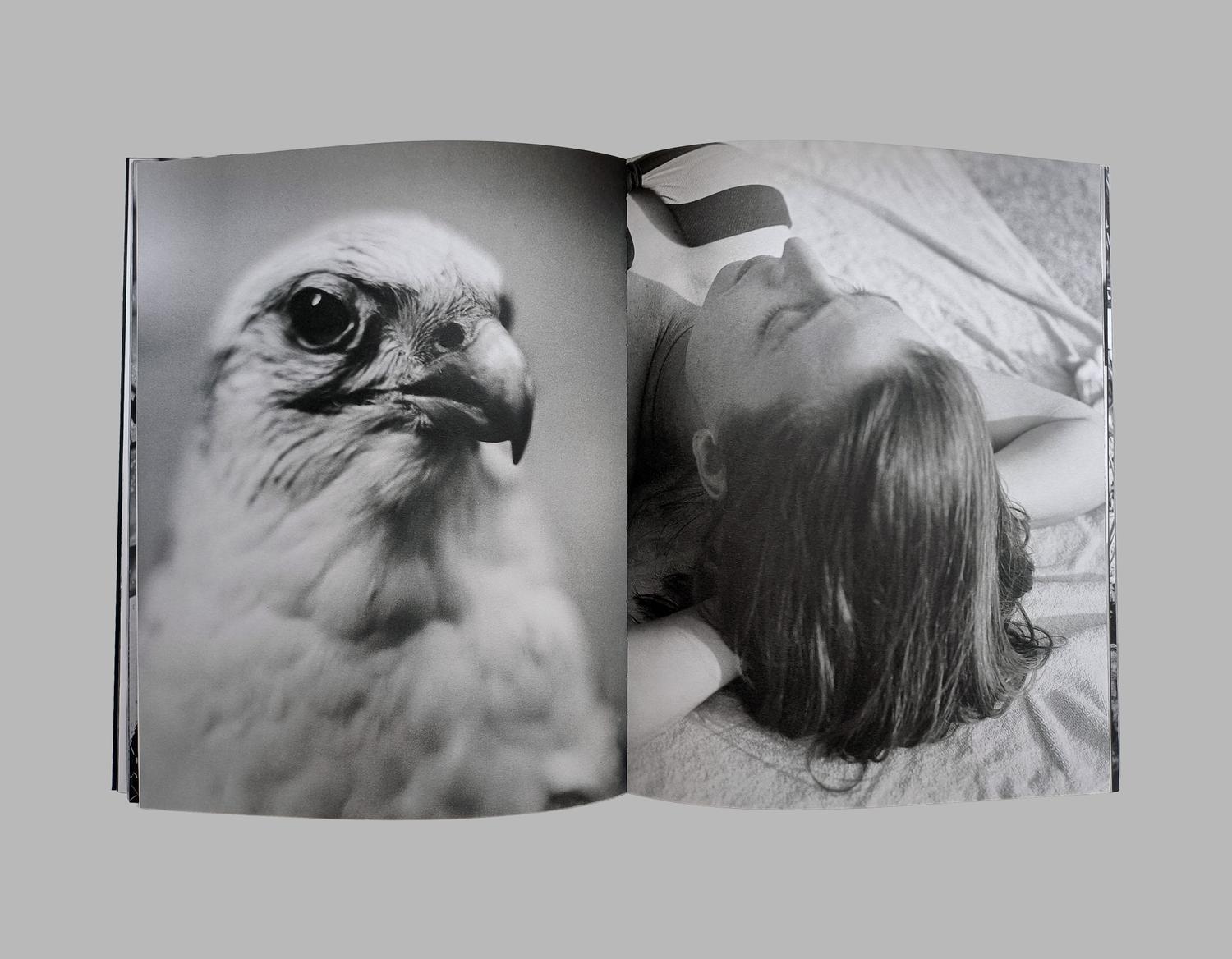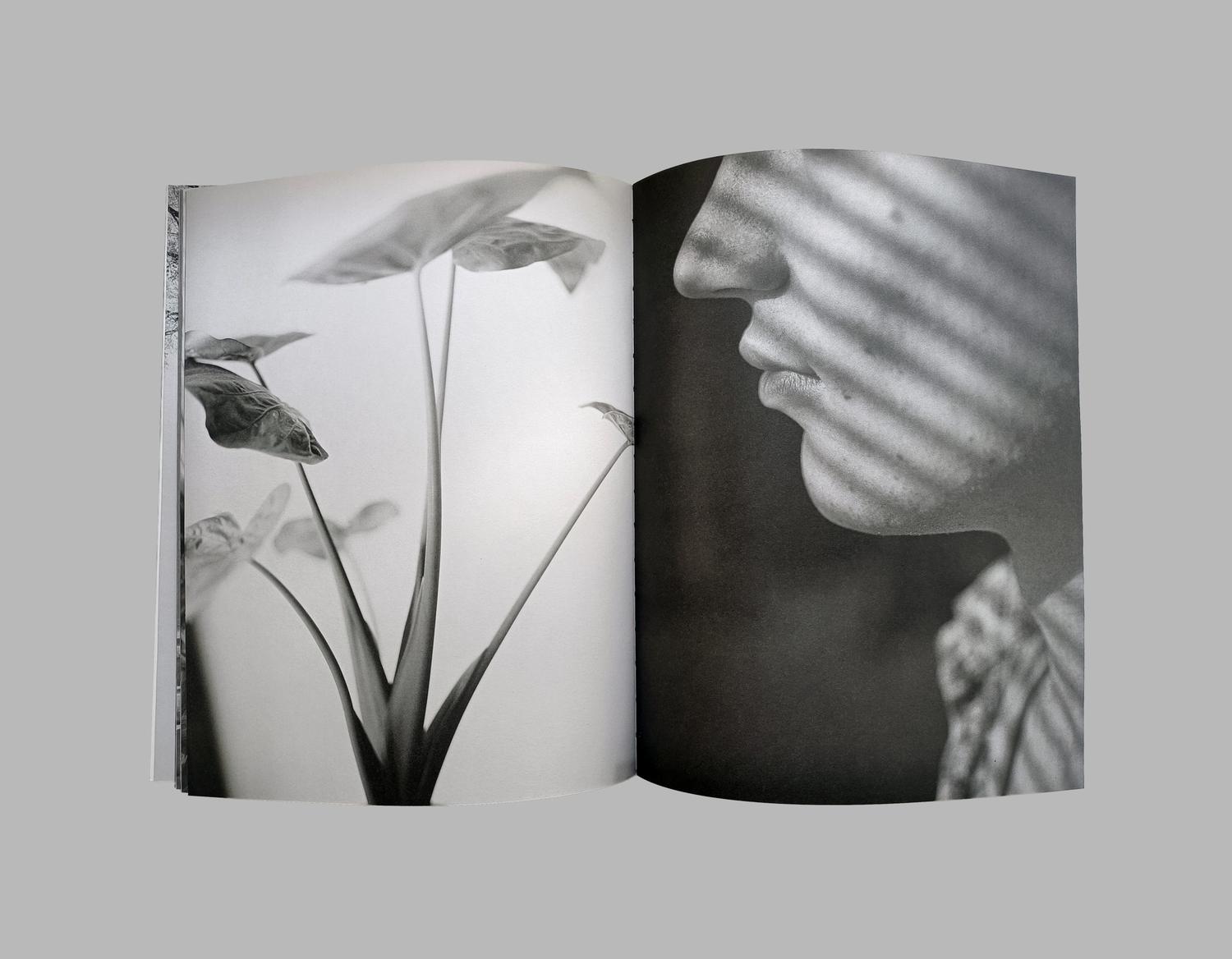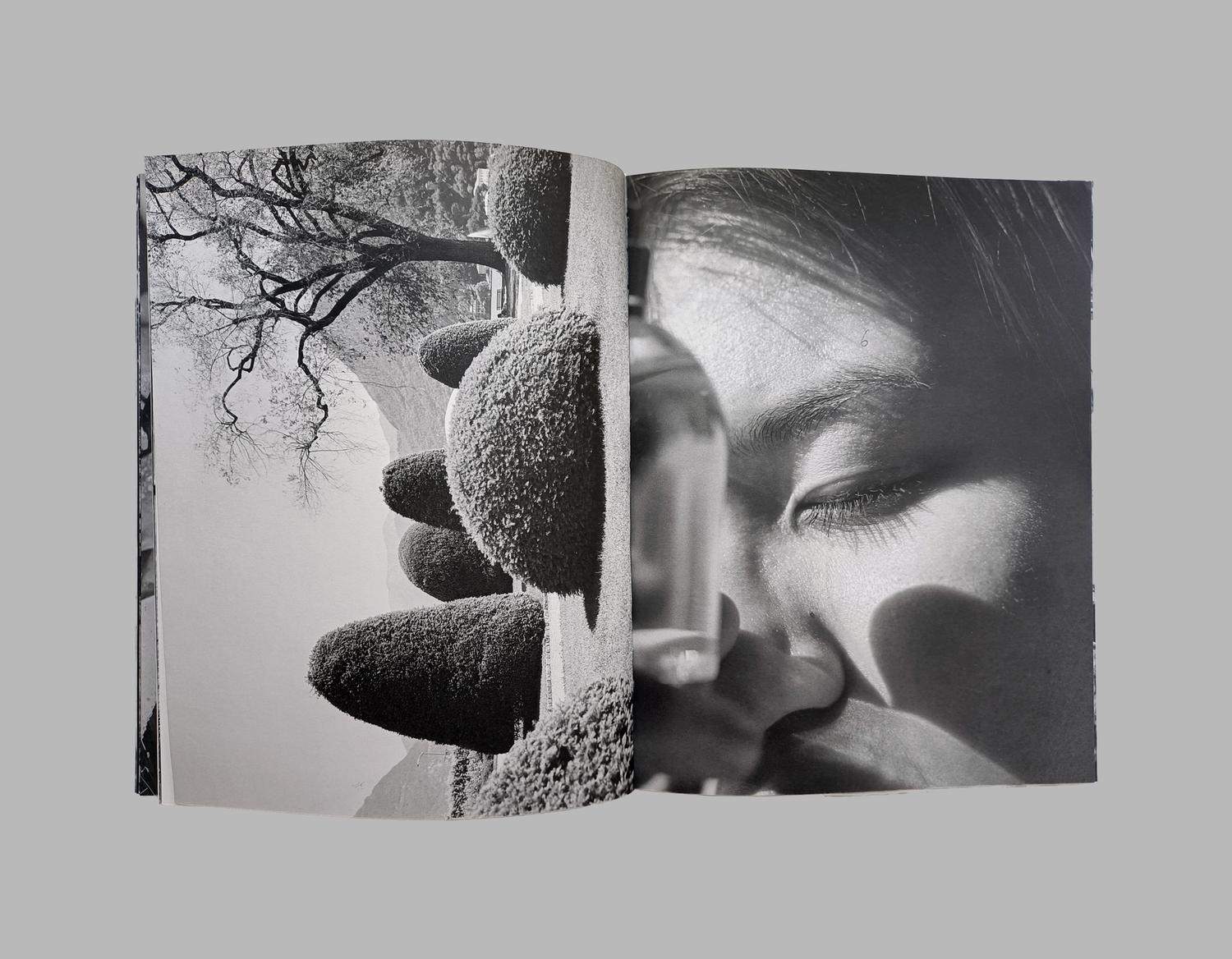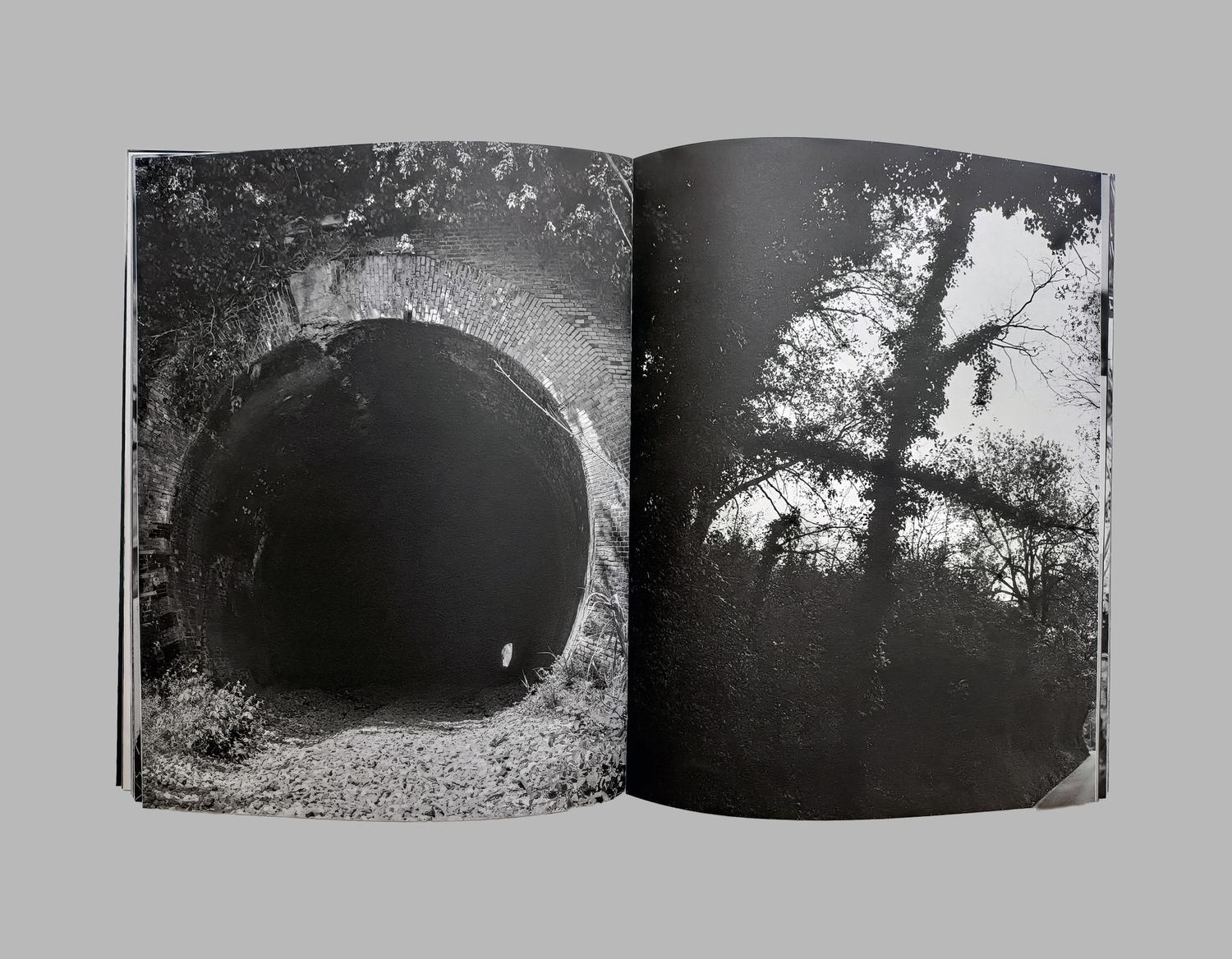Description
Recent studies published by the Cognitive Brain Research have demonstrated, using instruments that measure dream activity, that people blind since birth dream in images. Several hypotheses suggest that these representations are a result of the collaboration between the activity of the visual cortex and the activity of other sensory organs, however it isn’t excluded that the human being has an innate visual memory, parallel and pre-existing to that which develops through the retinal system. Some images seem to be independent from the visual apparatus and even though they appear in dreams, it is still possible to see them.
With which eye do we perceive them?
The Missing Eye is a research that turns the photographic device to visual projections that aren’t deduced from our immediate experience of reality but are the result of the combination of different cognitive paths in which all senses participate in sight. The gaze dissolves itself and the eye becomes a changing object of our perceptions, an abstract organ capable of processing images beyond retinal impulses. The photographic gesture captures the visual mechanism and transcends it, bringing attention to the typical transfigurative mental visions of the dream, sunk in memory and relegated to the unconscious.
